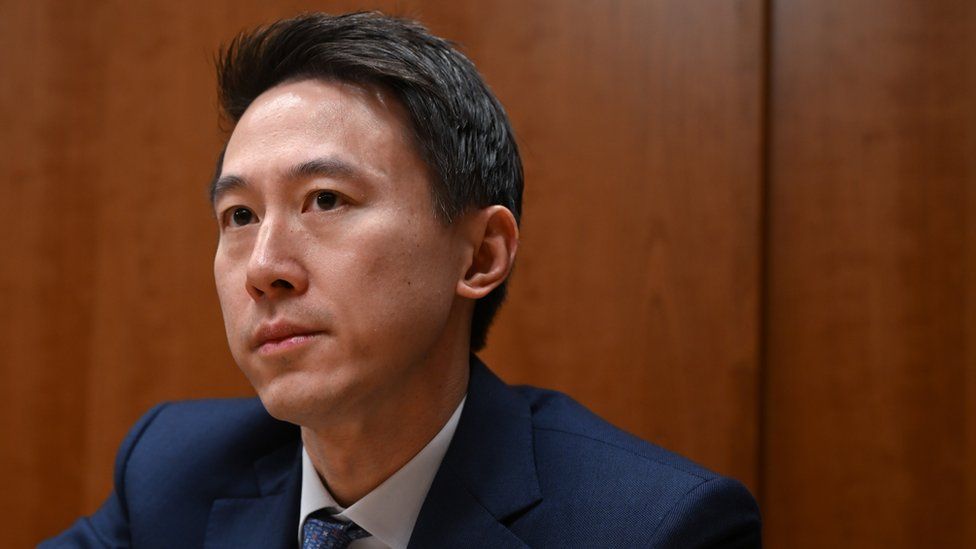Musk, Others Urge Pause on AI Development
Elon Musk and a group of artificial intelligence experts are calling for a six-month pause in training systems more powerful than OpenAI’s GPT-4.
Elon Musk and a group of artificial intelligence experts and industry executives are calling for a six-month pause in training systems more powerful than OpenAI’s newly launched model GPT-4, they said in an open letter, citing potential risks to society and humanity.

The letter, issued by the non-profit Future of Life Institute and signed by more than a thousand people including Musk, Stability AI CEO Emad Mostaque, researchers at Alphabet-owned DeepMind, as well as AI heavyweights Yoshua Bengio and Stuart Russell, called for a pause on advanced AI development until shared safety protocols for such designs were developed, implemented and audited by independent experts.
read also Reunert Buys Majority Stake in IQbusiness
“Powerful AI systems should be developed only once we are confident that their effects will be positive and their risks will be manageable,” the letter said.
Powerful AI systems should be developed only once we are confident that their effects will be positive
The letter also detailed potential risks to society and civilisation by human-competitive AI systems in the form of economic and political disruptions, and called on developers to work with policymakers on governance and regulatory authorities.
The letter comes as European Union police force Europol on Monday joined a chorus of ethical and legal concerns over advanced AI like ChatGPT, warning about the potential misuse of the system in phishing attempts, disinformation and cybercrime. Musk, whose car maker Tesla is using AI for an autopilot system, has been vocal about his concerns about AI.
read also Payday Raises $3M Seed Led by Moniepoint Inc. to Revolutionize Africa’s Borderless Payments
Since its release last year, Microsoft-backed OpenAI’s ChatGPT has prompted rivals to accelerate developing similar large language models, and companies to integrate generative AI models into their products.
Sam Altman, chief executive at OpenAI, hasn’t signed the letter, a spokesman at Future of Life said. OpenAI didn’t immediately respond to requests for comment.
“The letter isn’t perfect, but the spirit is right: we need to slow down until we better understand the ramifications,” said Gary Marcus, a professor at New York University who signed the letter. “They can cause serious harm… The big players are becoming increasingly secretive about what they are doing, which makes it hard for society to defend against whatever harms may materialise.”
Kelechi Deca

Kelechi Deca has over two decades of media experience, he has traveled to over 77 countries reporting on multilateral development institutions, international business, trade, travels, culture, and diplomacy. He is also a petrol head with in-depth knowledge of automobiles and the auto industry


















